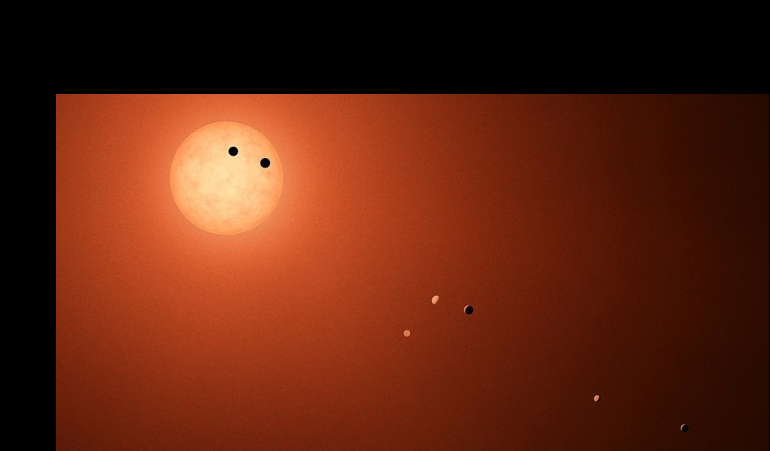
Space is a driver of technological development that feeds our imagination. Belgium and Luxembourg have joined forces for an important Space Symposium, which will give participants an opportunity to find answers to their questions, exchange ideas and join forces.
Where do we come from, how did we get here and are we alone? These are just a few of the many questions we are looking to answer today through the advances in technology. This event is the perfect opportunity for scientists and political, social and industrial influencers to exchange their ideas with the public. This is a new world opening up its doors to mankind, raising new questions and feeding both our knowledge and imagination.
There’s a high probability of stumbling upon life
Those are the words of Julien Dewit, a former student at ULiège who has become a leading international expert in research on planets outside of our solar system, the so-called exoplanets. ‘We are close to finding life elsewhere, be it on the surface of Mars, under the icy crust of Enceladus or Europa, or around planets like TRAPPIST-1.
It is inevitable. As technology advances, we are becoming increasingly aware of our surroundings. My favourite example? For the first time, we have detected an object coming from outside our solar system. That was a huge leap forward. This happened just two years ago, a few months after TRAPPIST-1 was discovered and the first detection of gravitational waves predicted 100 years ago.
We then asked ourselves whether the first detection of gravitational waves happened purely by chance, but since then, many other detections have followed. We recently pointed our telescopes in Tenerife and Morocco towards a second ‘visitor’, an object we have named ‘oumuamua’, which means ‘first messenger’ in Hawaiian, to reflect the idea of a first messenger approaching mankind. These pioneering firsts, followed by many other occurrences, prove we are becoming more aware of what is going on around us.’
How do we deal with these new insights?
That is exactly why we have organised this symposium, which is open to many other non-scientific fields, because it raises important questions for human society as a whole, with all of its diversity. The researcher from Liège adds, ‘Now that our species and ecosystem are faced with numerous challenges, from political crises to world hunger, overpopulation, endangered species and climate change, we should make the most of every opportunity to reflect upon the current situation.’
On the importance of astronomy for our society, he says, ‘The disruptive potential of astronomy is humbling. When Copernicus claimed the earth does not lie at the centre of the universe, he brought about a revolution. And it was precisely that revolution that pushed religion, science and society to adapt to this new world view.’
Today’s youth must participate
‘Our citizens should continue to participate in these key debates. And an important tool to encourage this participation is to continue to invest in future generations. They are a blank slate. Unlike us, they don’t carry any baggage, and they can learn from us, both from our mistakes and from our successes.
As the world becomes increasingly complex, they need a solid foundation. If educators provide them with general rather than technical competences, as well as the ability to look at the situation from a comprehensive point of view, we should be in good hands. And what better way to do this than by focusing on space?
Space is captivating, humbling and disruptive. The study of space requires a range of technical competences (mathematics, chemistry, physics, engineering) and more general skills to get thousands of people working together to take us to the moon. Their love of space will push them to continue to ask themselves, ‘Why?’. ’
The Wallonia-Brussels Federation joins forces with countless partners all over the world, particularly by hosting foreign students in its world-renowned educational institutions. Keen to find out more about our scholarship offers and discover our dynamic and captivating region? Don’t hesitate to contact us!